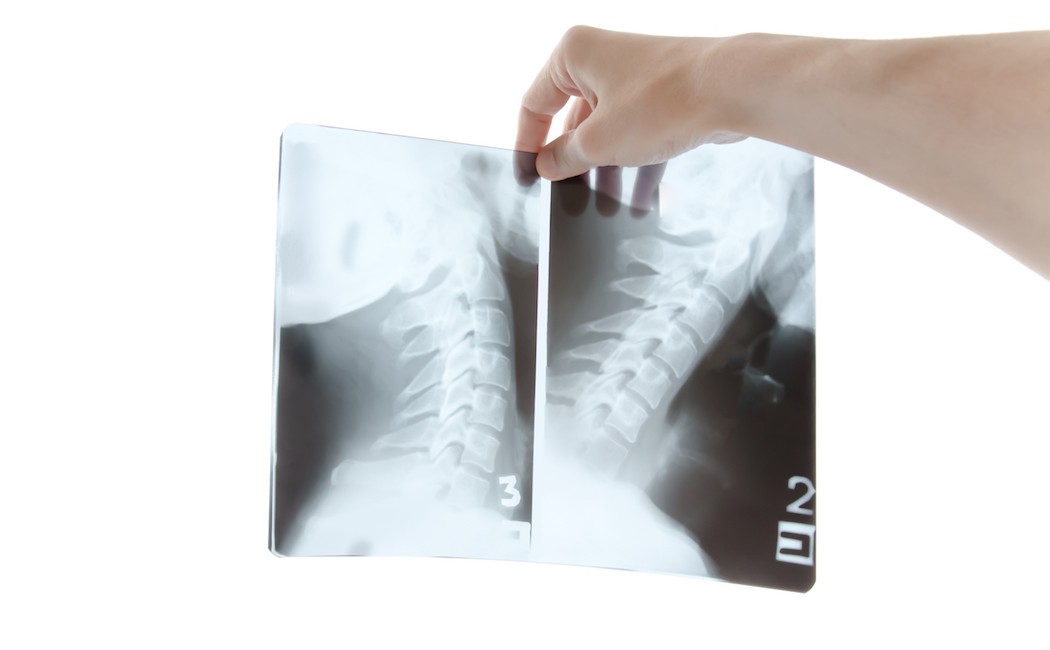
 If you’ve ever been to the dentist, you know the process it takes to get an x-ray done. From setting up the room to making you comfortable — and safe! — someone has to make sure operations like this run smoothly. If you’re interested in learning how to use x-ray equipment to help patients with breaks and injuries, and you’re looking for a fast-growing career in the medical industry, consider majoring in medical radiologic technology.
If you’ve ever been to the dentist, you know the process it takes to get an x-ray done. From setting up the room to making you comfortable — and safe! — someone has to make sure operations like this run smoothly. If you’re interested in learning how to use x-ray equipment to help patients with breaks and injuries, and you’re looking for a fast-growing career in the medical industry, consider majoring in medical radiologic technology.
Education
A major in medical radiologic technology is typically earned at the associate’s level, though you may choose to continue your education if you want to further your career into more advanced medical fields. To prepare for this major in high school, consider taking courses like physics, chemistry and biology. At the college level, you should expect to take courses such as clinical practice, human anatomy and physiology, radiobiology and protection, radiographic exposure and radiographic physics. Be prepared to go hands-on in this major — you likely will intern at a hospital or laboratory right away.
What to know before you apply
Make sure the college you are applying to is certified by the Joint Review Committee on Education in Radiologic Technology (JRCERT). Additionally, find out what you’ll be able to specialize in — whether it be therapy, imaging or other uses of radiological methods. Lastly, experience and connections are essential when it comes to finding work post-grad — does the school you’re looking at have a strong alumni network? Do students who complete internships typically get hired after they graduate?
Salary
According to the Bureau of Labor Statistics, Radiologic and MRI technicians earned an average of $55,910 per year as of 2012.
For more information about careers in healthcare, check out NextStepU.




